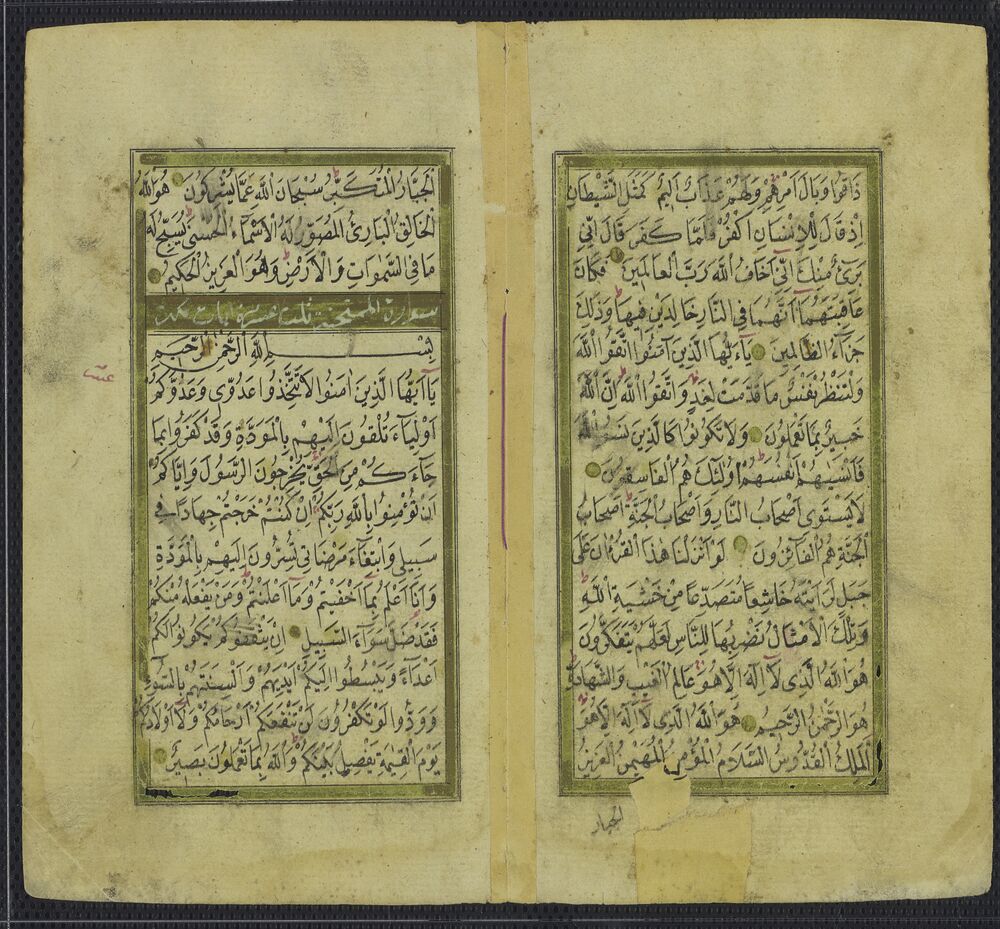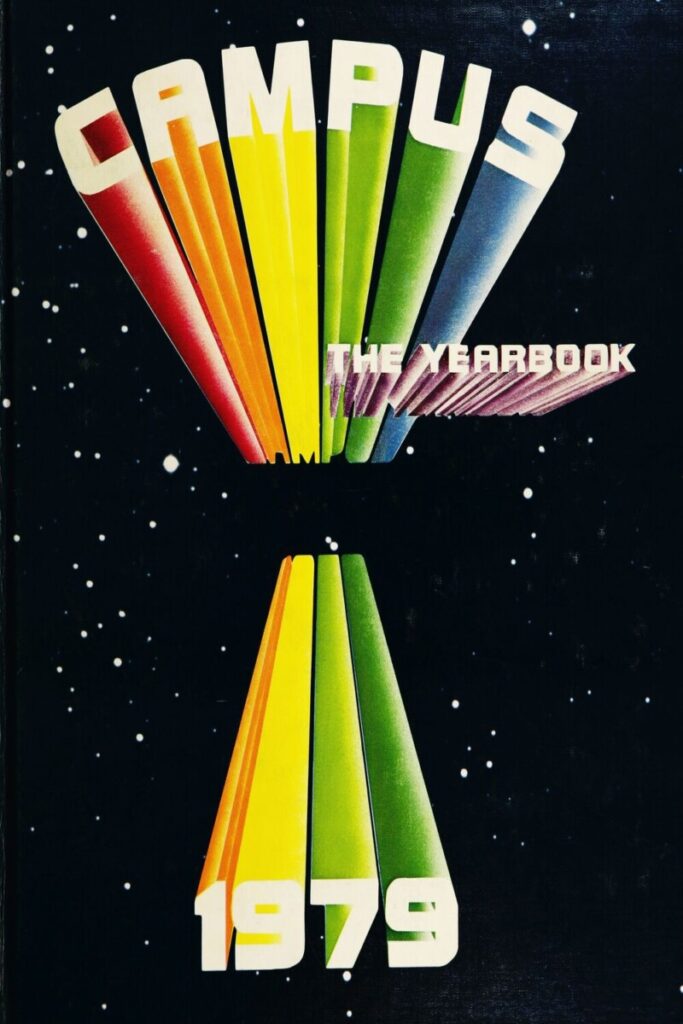Since Emory Libraries launched the Emory Digital Collections resource in April 2020 with three inaugural collections available, library staff have been working to make more digital collections accessible through the site. Emory Digital Collections, a digital repository intended to preserve and provide access to Emory’s unique digital collections, is the product of a multi-year initiative of the Libraries known as the Digital Library Program. Just over a year after its launch, Emory Digital Collections now hosts 30 digital collections comprising over 16,000 digital objects, with more being added each month.

Arabic manuscript from the Ancient, Medieval, and Renaissance Eastern and Western Manuscript Collection, 347-1653.
The digital collections contain manuscripts, printed documents, photographs, artifacts, maps, and scrapbooks from the holdings of the Stuart A. Rose Manuscript, Archives, and Rare Book Library, Pitts Theology Library, the Oxford College Library, and the Robert W. Woodruff Health Sciences Center Library. Over 1,000 items from the collection of Pitts Theology Library have been added to Emory Digital Collections since January, including a collection of more than 700 documents and artifacts related to the life, work, and family of John Wesley, the founder of Methodism.

The Wesleyana digital collection contains letters, images, and artifacts like this hand-painted saucer with an image of John Wesley.
Several collections document the history of Emory University, including the Emory University Yearbooks, the Emory University Course Catalogs and Bulletins, and the Emory Office of Alumni Publications Photographs. More course catalogs and photographs are actively being uploaded to the existing collections.

Cover image from the 1979 volume of The Campus yearbook.
A number of collections have been added from the Stuart A. Rose Manuscripts and Archives Library, including the Ron Sherman Photographs Collection, which contains photographs documenting many important events in the history of Atlanta and the South. Different facets of Atlanta history are represented in collections such as the Richard H. Rich Papers, which documents efforts to integrate the famed Rich’s department store in the 1960s, and the Lesbian, Gay, Bisexual, Transgender, Queer Collection, which primarily contains artifacts and ephemera documenting gay pride events and political causes from the 1980s and 1990s.

Andrew Young celebrates his victory in the Atlanta mayoral race, 1981. From the Ron Sherman Photographs Collection.
If you have questions about Emory Digital Collections, please see the Digital Repository Contacts Page.
Written by: Kathryn Michaelis, Digital Preservation Program Manager
